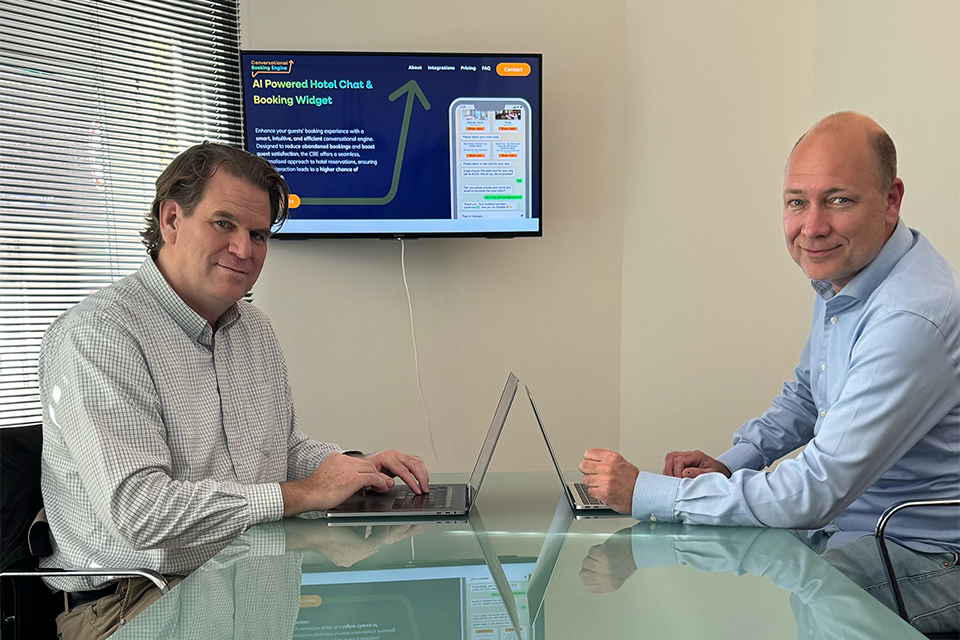
KB Index: 'Hospitality and (retail) trade is water up to its lips'
There is a lot of hidden poverty among entrepreneurs in the hospitality and retail (trade) sector. As many as a quarter of them struggle with burnout symptoms. This is according to figures from the 13th Small Business Index (KB Index).
Entrepreneurs in the hospitality and (retail) trade are doing much worse than six months ago. These are sectors that were hit hard by imposed closures by corona. In the hospitality sector, the majority of entrepreneurs cannot pay their bills on time.
(Retail) trade expects sales to shrink. There is a lot of hidden poverty in these sectors: a third of entrepreneurs pay themselves a wage below welfare level. A quarter of entrepreneurs also have such high stress scores that they suffer from burn-out symptoms. These negative scores are possibly linked to the Tax Administration's stricter collection of corona arrears.
”Start-ups and entrepreneurs with staff in particular have the wind in their sails when it comes to growth. Number of expected closures falls to 3.7 per cent”
Overall picture small business more positive
The overall picture in the small business sector is more positive, the KB Index shows. Start-ups and entrepreneurs with staff in particular have the wind in their sails when it comes to growth. The number of expected closures falls to 3.7 per cent. The overall income position of entrepreneurs is stabilising, although 54 per cent of entrepreneurs still pay themselves an amount below minimum wage.
Access to finance
Qredits is affiliated with Code-V, an initiative to improve female entrepreneurship and access to finance. This initiative raised the question of how KB Index participants perceived the difference in access to finance when applying for a smaller (start-up) loan. The results of this sample show that women experience the same support as men in contacting different funders. Thus, the issues identified by Code-V, namely around venture (growth) capital, do not seem to apply to loans up to 250K.
However, the sample does show the following: if finance officers have industry knowledge of the applicant and use understandable language, scores improve. Entrepreneurs who know the loan terms and can afford the repayment and interest also score better.
"Regarding access to finance, funders should learn about the applicant's industry and use understandable language"
Recommendations
The outcomes of these Small Business Index, a survey conducted by Qredits, ONL and Hogeschool Utrecht in cooperation with Cultuur+Ondernemen among more than 1,000 entrepreneurs in the small business sector, lead to a number of recommendations. First, it is necessary to actively approach entrepreneurs in the hospitality and (retail) trade sector and provide them with help and information on how to submit a debt restructuring proposal. The recommendation is to postpone the 1 April deadline for filing a debt restructuring petition to 1 October 2024.
Regarding access to finance, financiers should learn about the applicant's industry and use understandable language. This will also help entrepreneurs with limited financial knowledge get off to a good start. Entrepreneurs can also take action themselves. For instance, they can learn about loan requirements and have a good overview of their cash flows and repayment capacity.
Heeft u vragen over dit artikel, project of product?
Neem dan rechtstreeks contact op met The entrepreneur.
 Contact opnemen
Contact opnemen



